Calorie counting is a polarising topic. For some people, the process of tracking their food intake is enjoyable, and monitoring their intake and its subsequent impact on their bodies helps motivate them to stay on track with their health and fitness goals. For others, counting calories represents restriction and an unhealthy obsession and relationship with food.
So should you do it or not? Let’s take a look at the pros and cons of counting calories…
PROS
1. It can provide structure & flexibility
Counting calories allows you to know exactly how much food you should eat on a daily basis and helps you plan meals accordingly. It also provides more flexibility than following a strict meal plan, as the focus is on reaching your calorie target, not on the exact meals or foods that you need to eat.
2. It can educate you on the nutritional content of food
Most people are completely oblivious as to how many calories are in foods they eat every day or how many they consume in a single day (usually mindlessly). Calorie counting allows you to be more mindful of what you are consuming each day. It also provides an opportunity to learn more about the calorie and nutrient content of foods and educates you on which foods and portion sizes align with your calorie budget.
3. It’s an efficient way to reach a weight or body composition goal
Whether your goal is to cut weight for a fight, lose body fat or build muscle - you need to ensure that you are consuming the right amount of calories to do so. The most effective way to ensure this is by actually tracking your calorie intake, rather than just guessing your intake. This can actually help prevent you from under-eating and it also allows you to easily make adjustments when you reach plateaus in progress.

CONS
1. It’s time-consuming
There is no doubt that counting calories is a big learning curve if you are new to it. It can be time-consuming to weigh your foods and enter everything you eat into an app on a daily basis.
2. It can be inaccurate
The actual nutritional content of a food can vary by up to 20% of what it states on the label. Food tracking apps may also be subject to error, with many food entries being user-generated. ‘Guesstimating’ the nutritional content of meals that are not cooked at home (i.e. restaurant meals and takeaway options), can also be a significant source of error when counting calories.
3. It may shift the focus from food quality to food quantity
As calorie counting focuses more on the quantity of food, some people may therefore forget about food quality. Focusing purely on reaching daily calorie and macronutrient targets may cause you to miss out on important vitamins and minerals that are necessary for optimal health.
4. It can cause people to become obsessive
Counting calories can cause some people to become obsessed with tracking every single thing that they eat and trying to hit their targets exactly every day. Restricting calories may also make some people feel anxious and even neurotic about consuming too much. In some cases, it can lead to disordered eating.
5. It can lead to a disconnect with your body
Putting a primary focus on reaching a calorie target may lead people to ignore or misunderstand their body’s hunger and fullness cues, which can cause some people to force-feed themselves or endure periods of significant hunger.
Conclusion:
Choosing to count calories or not is a highly personal decision and it should be an informed choice. There is no doubt that it works, it’s just determining whether or not it is an approach that is right for you. If you feel like your relationship with food needs some guidance, it’s best to receive personalised advice from a qualified nutritional professional.














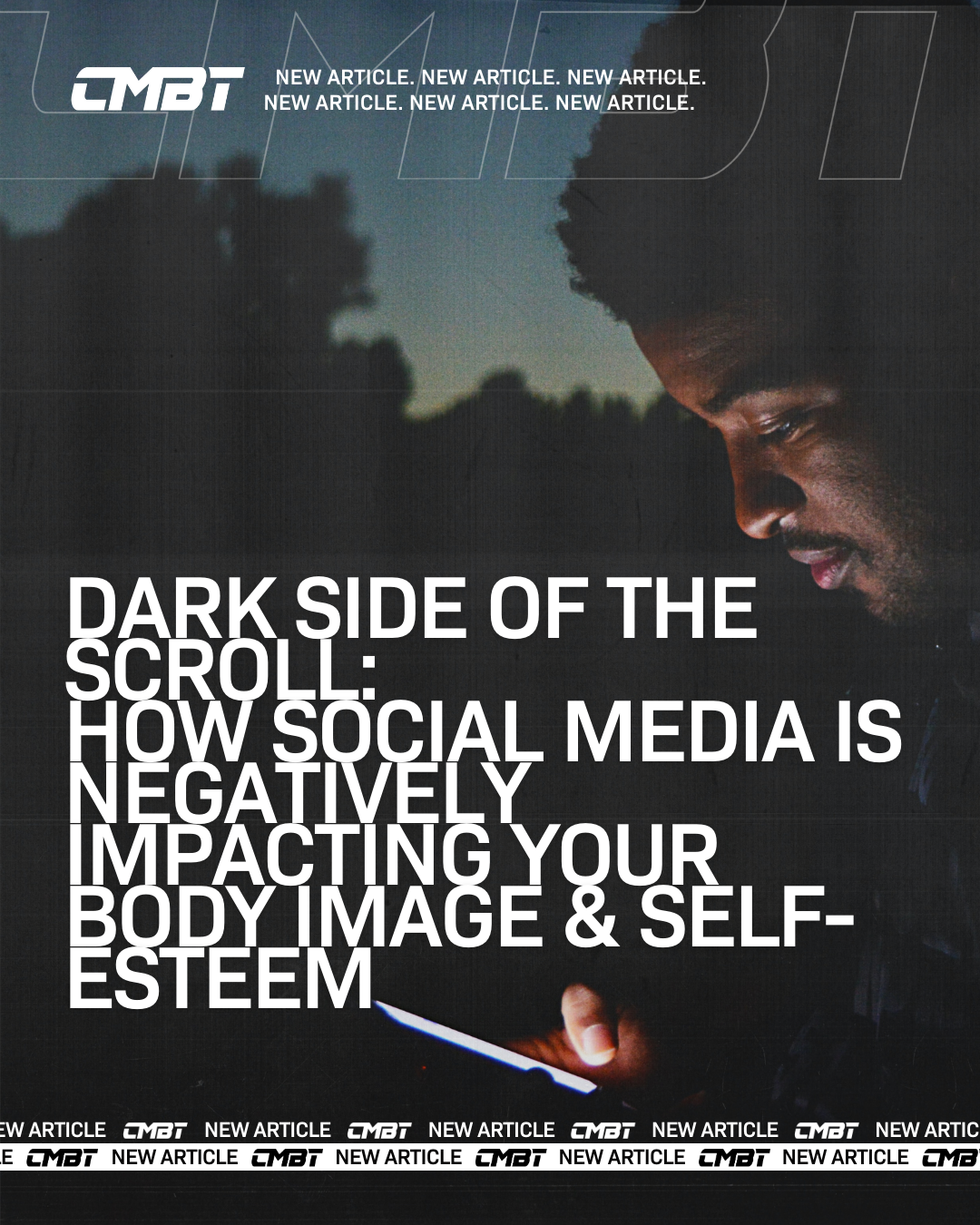


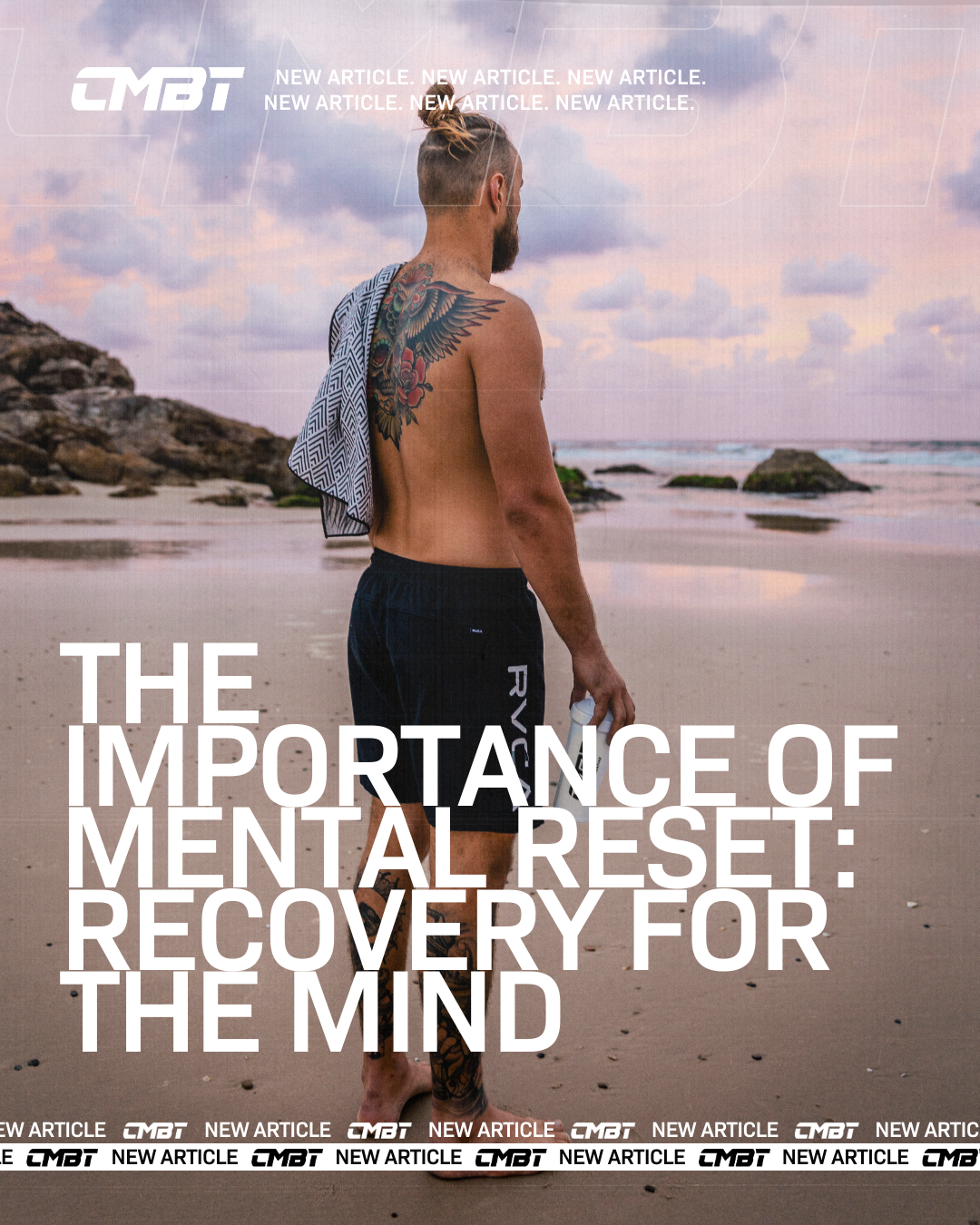
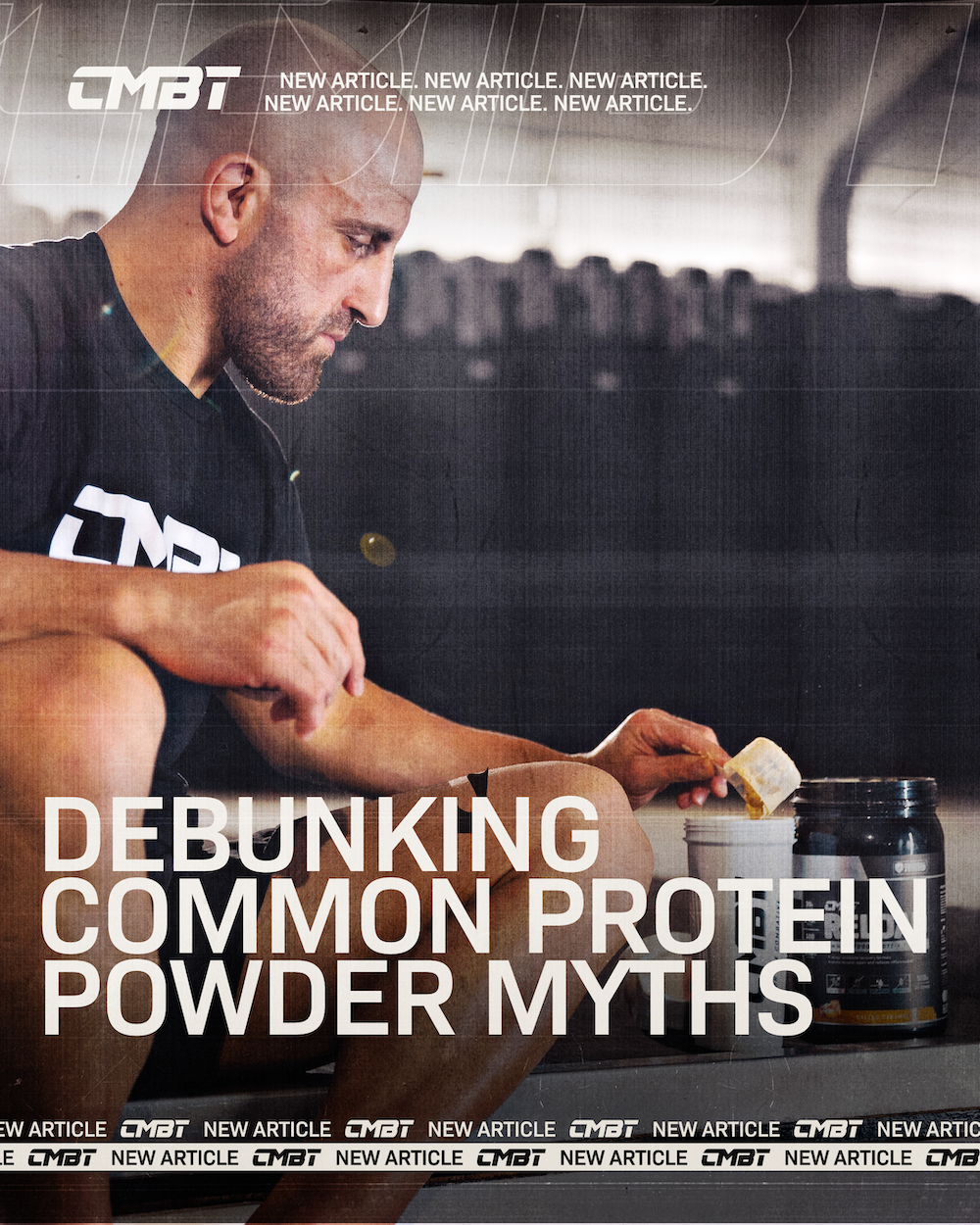


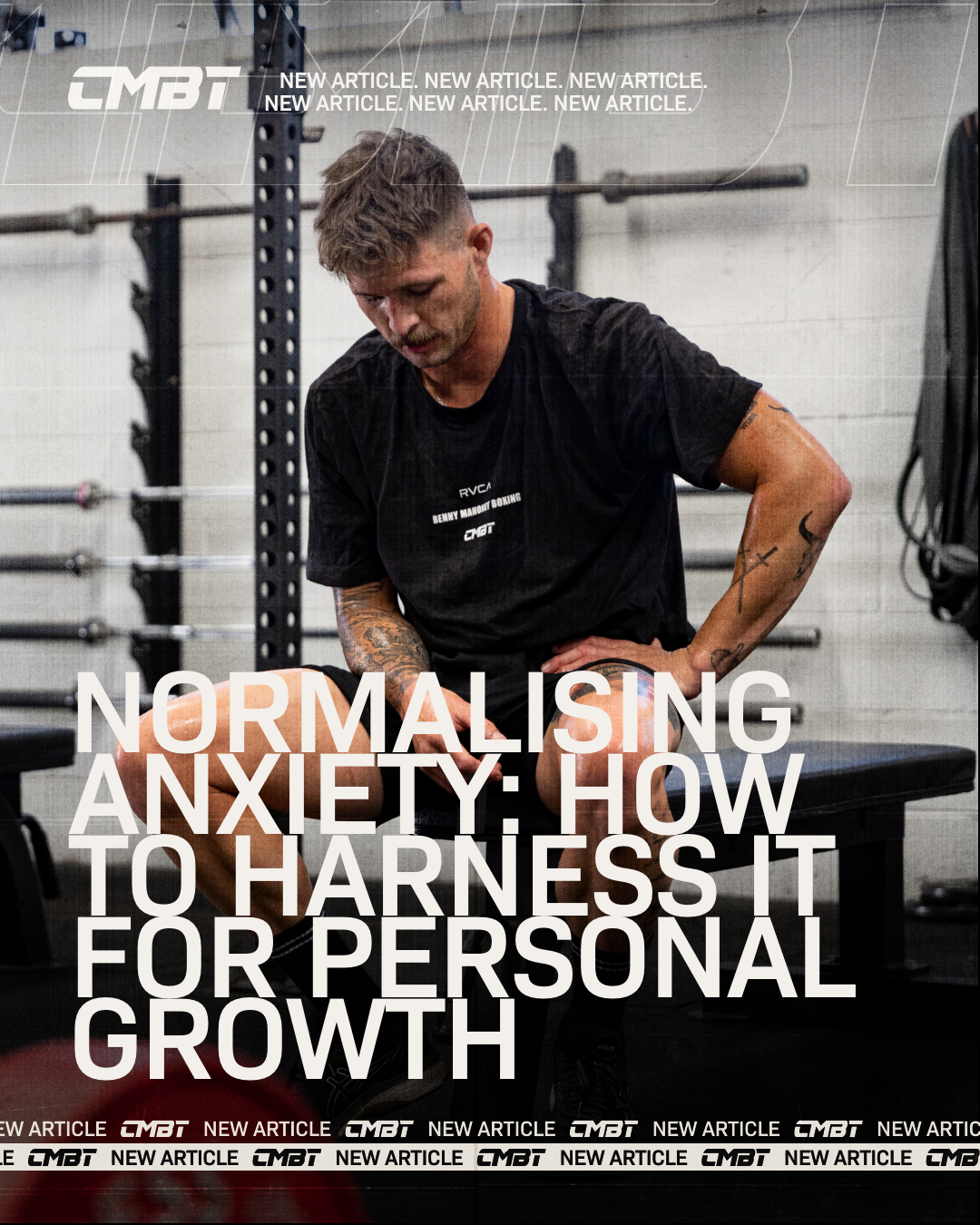


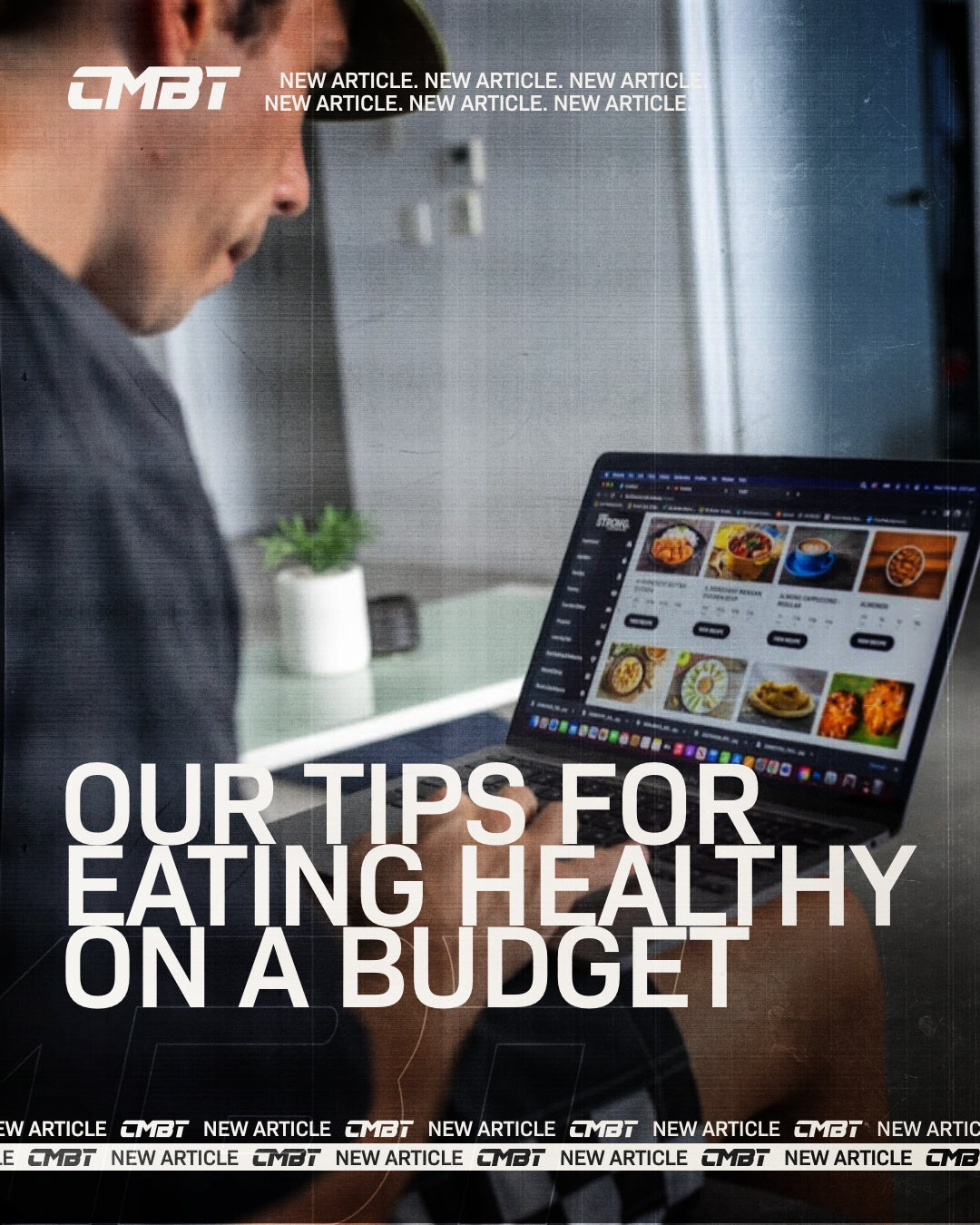















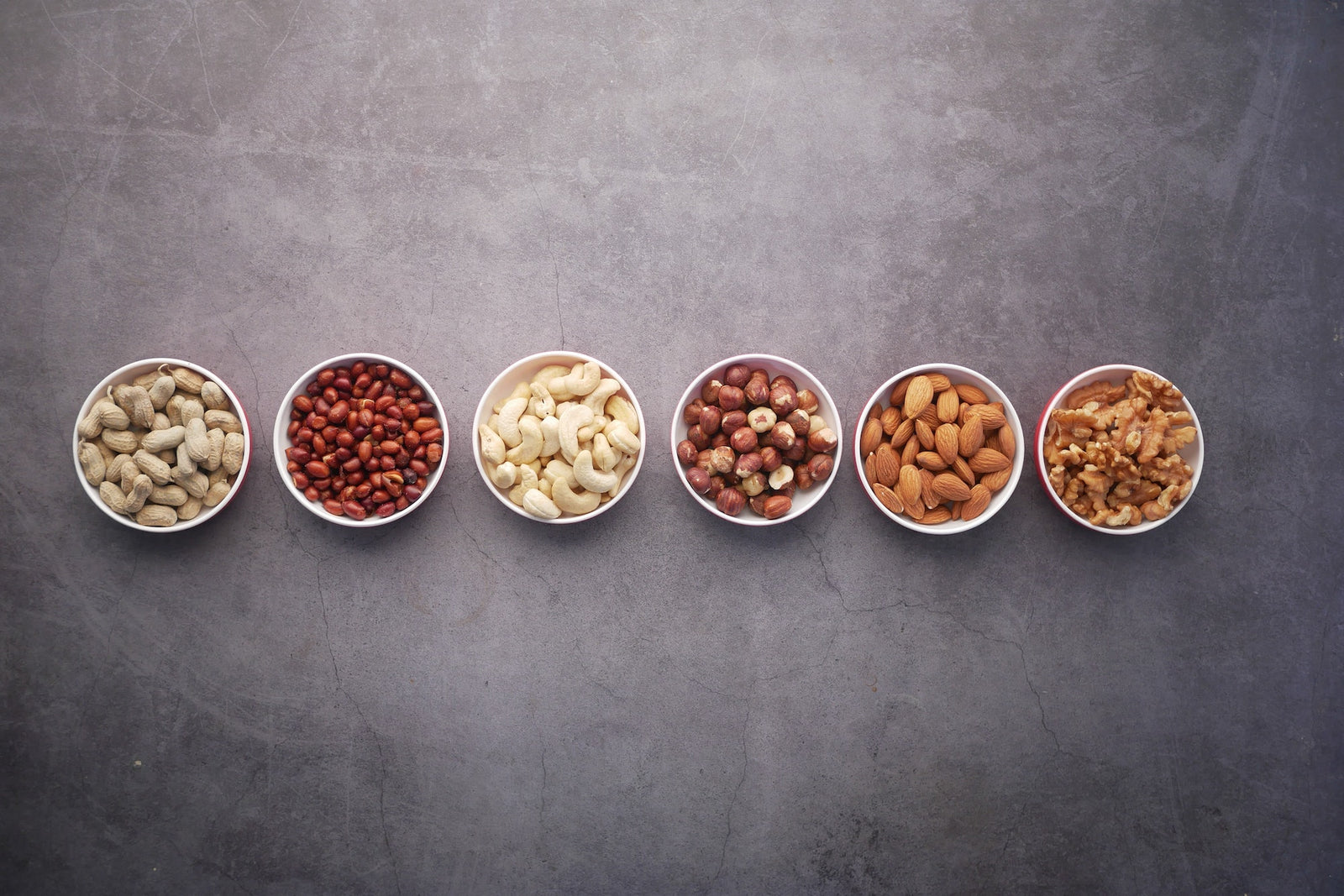









![[VIDEO] Fuel Your Passion feat. Sami Locke](http://cmbt.com.au/cdn/shop/articles/Sami.jpg?v=1625826844&width=1600)